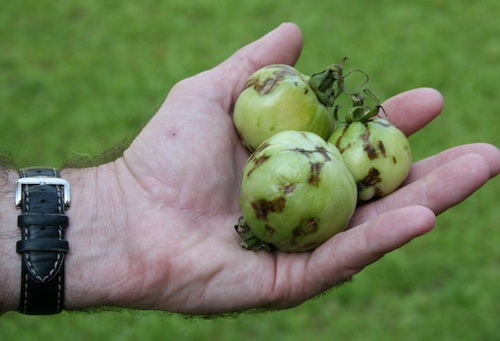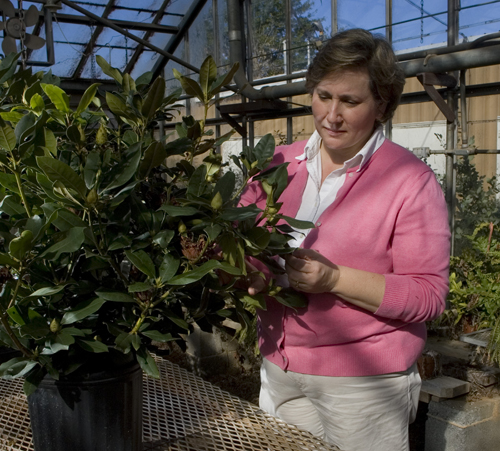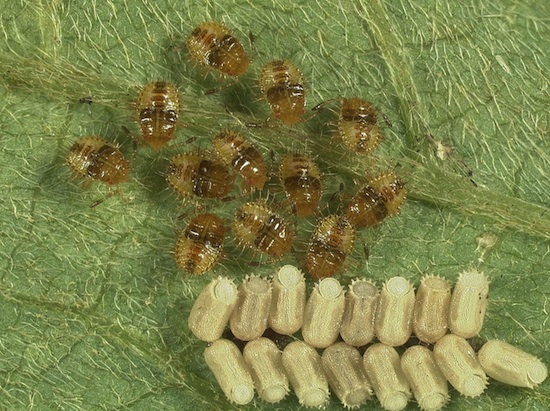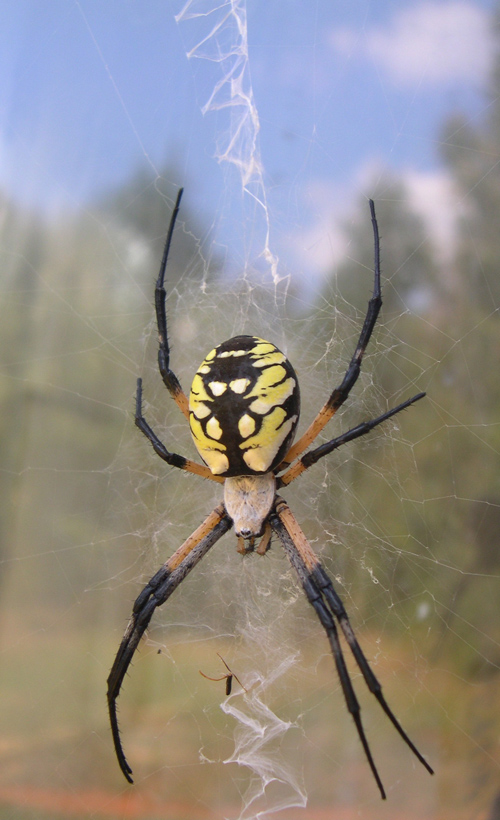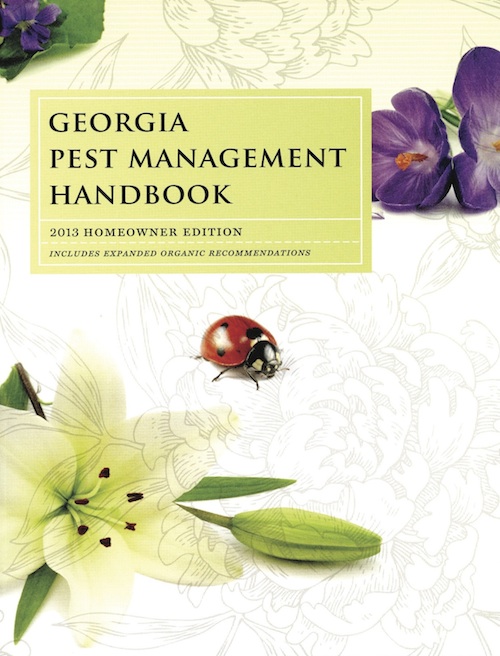 CAES News
CAES News
Georgia Pest Management Handbook
The 2013 Georgia Pest Management Handbook is now available for purchase. The thirty-fourth commercial edition, published by the University of Georgia College of Agricultural and Environmental Sciences, provides more than 800 pages of current information on selection, application and safe uses of pest control chemicals around farms, homes, urban areas, recreational areas and other environments where pests may occur.

